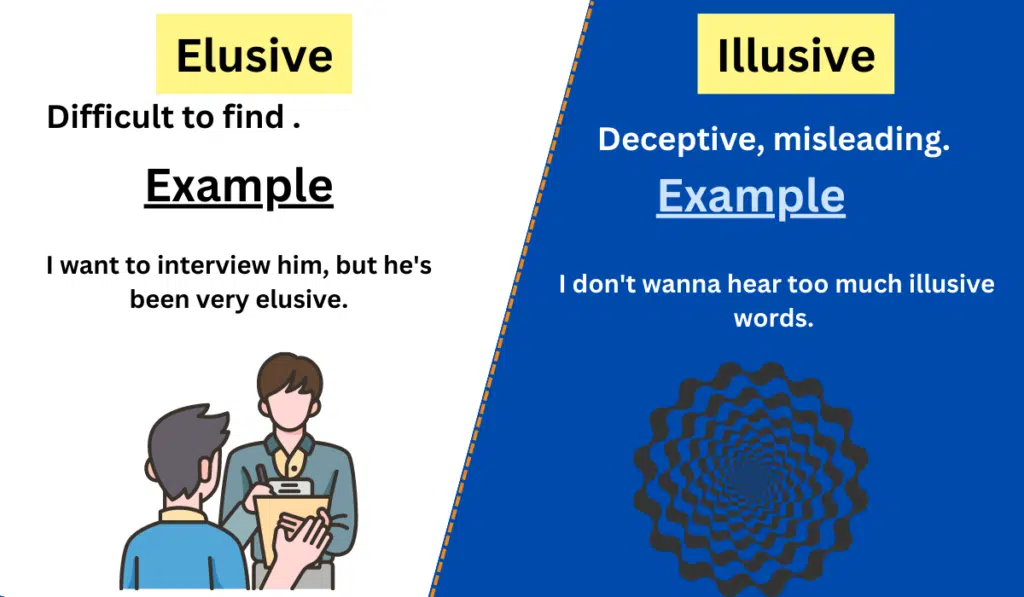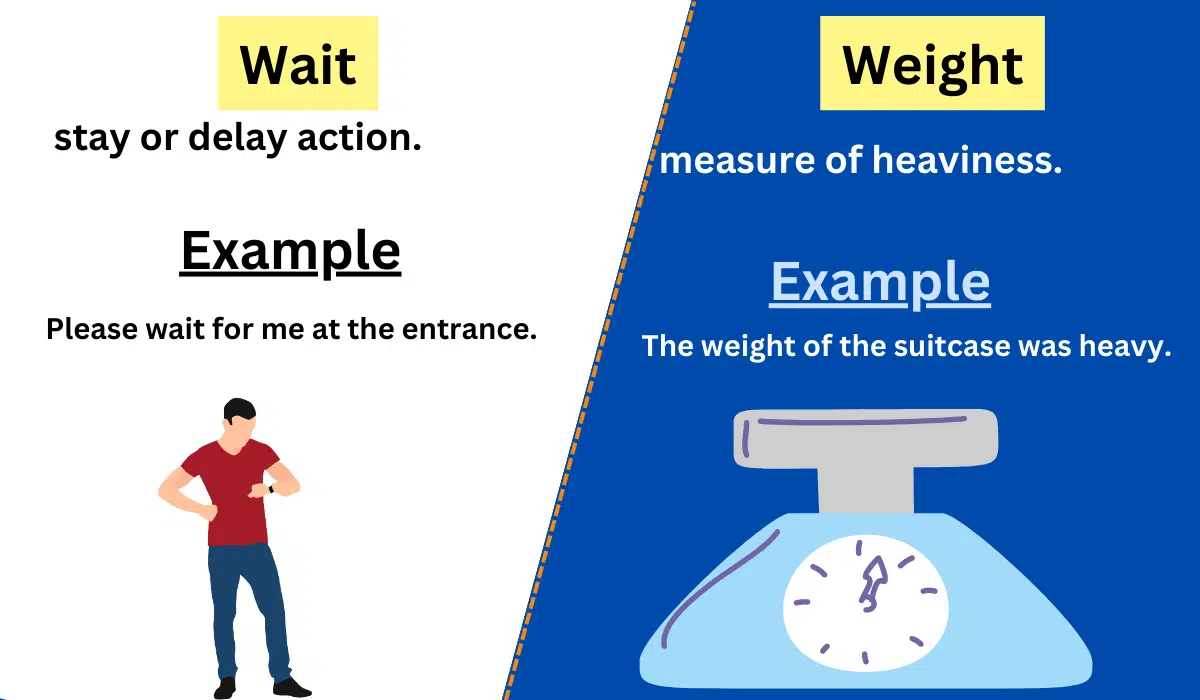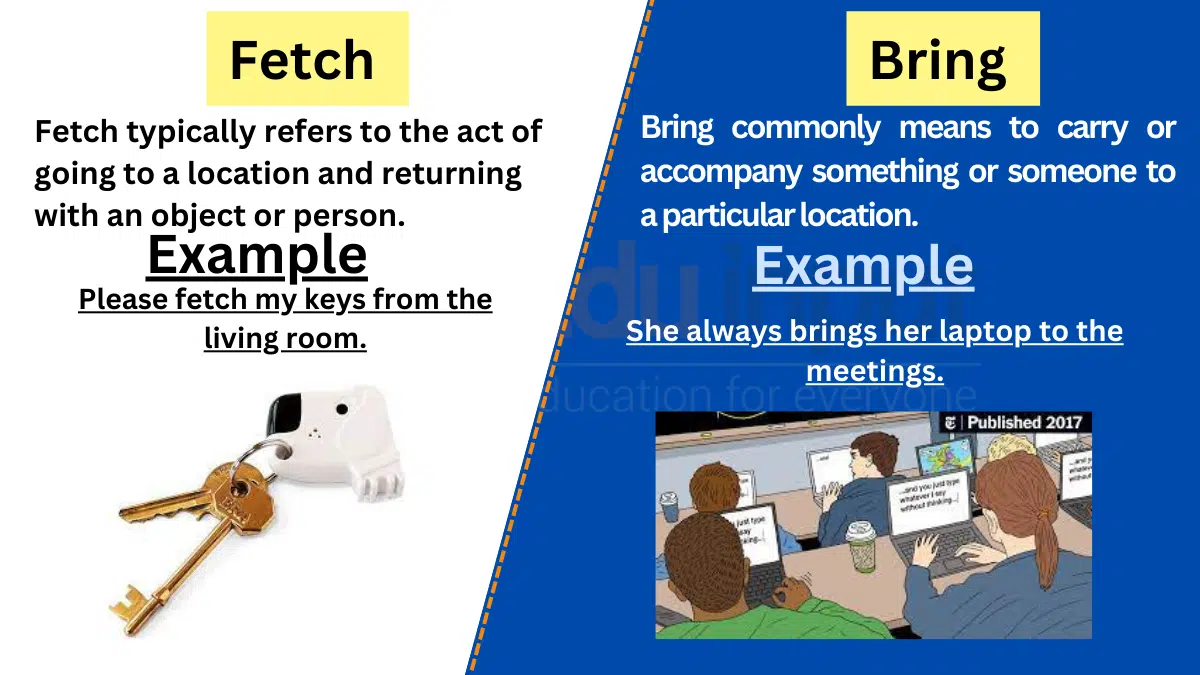Elusive vs. Illusive-Difference between and examples
In the English language, there are word pairs that often cause confusion due to their similar spelling and pronunciation. One such pair is “elusive” and “illusive.”

While they may appear interchangeable, these words have distinct meanings and applications.
This article aims to clarify the difference between “elusive” and “illusive,” providing comprehensive explanations, illustrative examples, and a comparative analysis.
By understanding their unique definitions, we can navigate through language more effectively and avoid misunderstandings.
Meanings and Examples
Elusive Meaning
The meaning of elusive is;
Adjective: “Elusive” refers to something that is difficult to find, comprehend, or capture. It suggests an evasive or elusive nature.
Examples of Elusive
- The criminal proved elusive, always managing to escape the authorities’ grasp.
- The elusive concept of happiness seems to slip away when we pursue it too directly.
- Despite extensive research, a cure for the rare disease remains elusive.
Illusive Meaning
The meaning of Illusive is;
Adjective: “Illusive” pertains to something that is deceptive, misleading, or based on an illusion. It implies a false or misleading appearance.
Examples of Illusive
- The magician performed an illusive trick that left the audience astonished.
- The promise of quick wealth turned out to be illusive, leading many to financial ruin.
- The mirage in the desert created an illusive oasis, deceiving weary travelers.
Difference between Elusive and Illusive
| Category | Elusive | Illusive |
| Adjective | Difficult to find or comprehend, evasive | Deceptive, misleading, based on illusion |
| Example | Elusive criminal, elusive concept of happiness | Illusive trick, illusive promise of wealth |
| Usage | Describing something hard to grasp or understand | Referring to something deceptive or misleading |
| Grammar | Adjective | Adjective |
Usage in a Paragraph
To better grasp the difference between “elusive” and “illusive,” let’s consider a scenario in a treasure hunt.
The adventurers tirelessly searched for the legendary treasure, but it remained elusive, always slipping through their fingers. The rumors and illusions surrounding the treasure made it appear illusive, with many deceptive clues leading them astray.
Here, “elusive” describes the difficulty in finding the treasure, emphasizing its evasive nature. On the other hand, “illusive” describes the deceptive appearance of the clues, misleading the adventurers on their quest.
In this example, both words are used to convey distinct aspects: “elusive” referring to the difficulty of finding the treasure, and “illusive” highlighting the misleading nature of the clues.
By understanding the nuances between “elusive” and “illusive,” we can navigate the English language more effectively and express ourselves accurately.
“Elusive” describes something that is difficult to find or comprehend, suggesting an evasive nature.
Conversely, “illusive” pertains to something deceptive or misleading, based on an illusion.
By grasping these distinctions, we can avoid confusion and choose the appropriate word for the intended meaning.






Leave a Reply